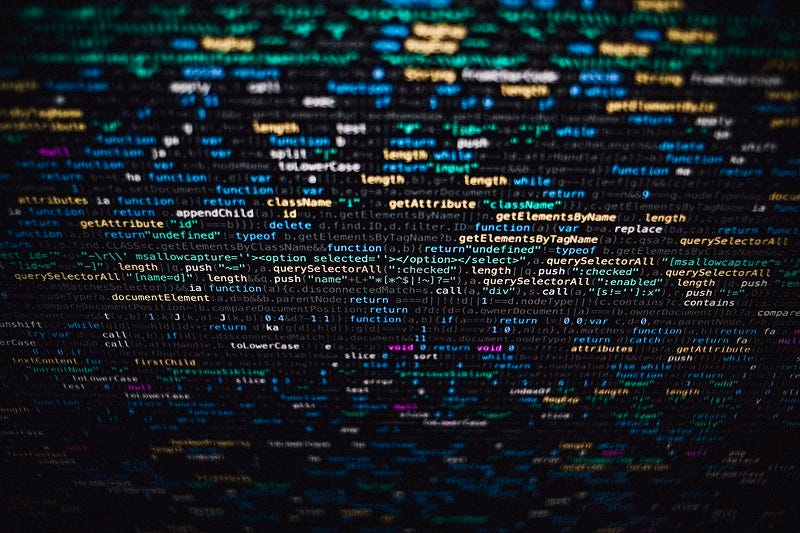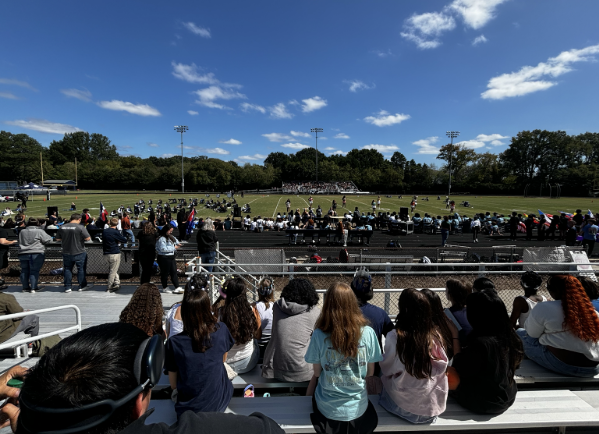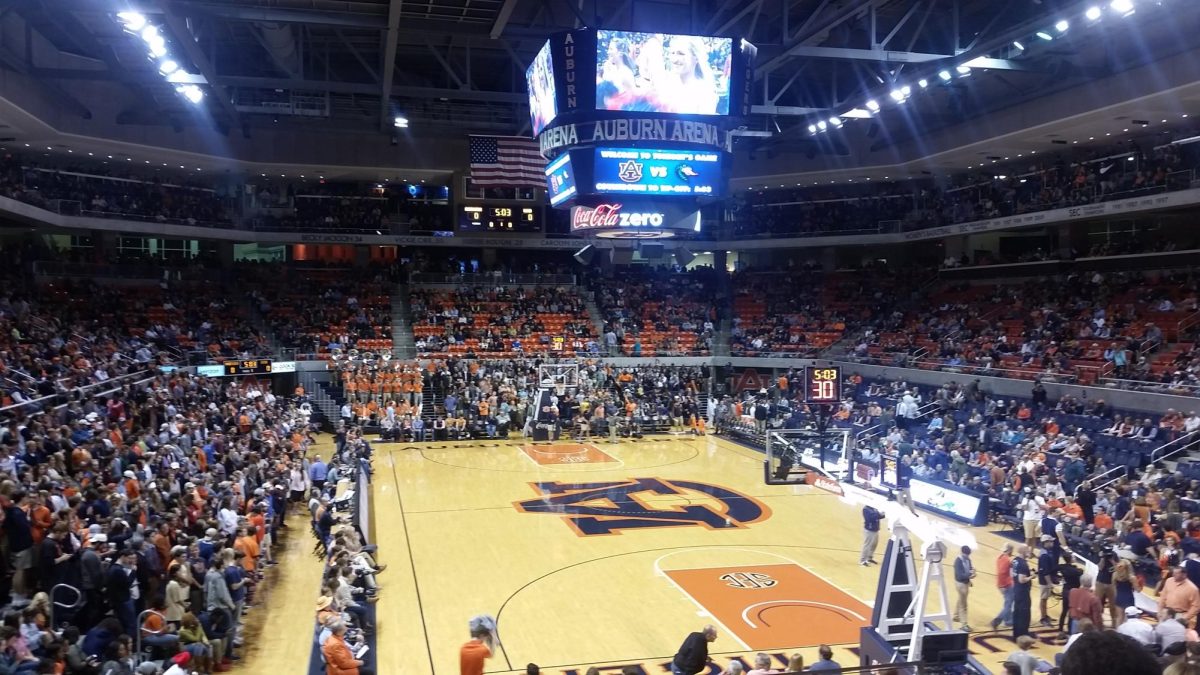Artificial Intelligence (AI) is becoming a huge part of our daily lives such as self-driving cars, robots machines, etc. It is now possible to use AI-powered speech clones to copy the voice of a real human. While AI can make things a whole lot easier, it comes with serious risks that can cost human lives. Since AI is getting more and more advanced, it is starting to become less predictable and make more mistakes. AI is not just about robots, it’s about software systems that do human tasks. While AI grows, it raises questions such as, “How will AI affect jobs and can we trust it to make important decisions?” These are some common questions as AI becomes a part of our daily lives. This article will break down the real deal on how AI impacts our lives.
While AI is good at following programmed rules, it struggles with situations it hasn’t been trained for. One example of a dangerous situation is when a life or death situation (ex. A self-driving car) and a human isn’t involved in it, or a human darts in the middle of the road and the AI can’t recognize it. The AI could misread the situation and endanger other drivers or pedestrians.
In 2018, an Uber that was using a Volvo XC90, killed a pedestrian in Arizona. Investigations confirmed that the AI misinterpreted the situation and failed to react appropriately. This raises ethical questions such as who’s held accountable, should it be the software developer or the driver? Laws haven’t been made regarding these complex questions. Marina Gorbis, the executive director of the Institute for the Future (forecasting company) says, “Every time we program our environments, we end up programming ourselves and our interactions.”
AI is also used in areas such as military operations, law enforcement, and medical diagnostics. If AI misdiagnosed a patient then who’s responsible for the harm caused? As we rely more upon AI to make crucial decisions, these questions get increasingly important.
AI is now getting hyped in the food industry, like fast food restaurants and grocery stores. Technology is in self-checkouts and ordering through drive-thru lanes. Technology like self-checkouts and ordering through the drive-thru lanes is changing the way people interact with food services. Many companies are using it to reduce labor costs and lower their food prices. Walmart and Target, for example, have used AI to lower the prices of their grocery store items. Did you know as of 2022, grocery stores spent around 22 billion on technology according to the FMI (Food Industry Association)? AI can manage inventory and improve the supply chain which all leads to lower costs of items.
In addition, AI can also negatively affect the student’s learning process. They can generate essays, solve mathematical problems, and give instant answers. While these tools can be helpful they normally give students shortcuts to finding answers when trying to avoid doing work. This increases plagiarism and reduces genuine learning. This makes students less independent in real-world situations. Ms. Norowzi, an ELA teacher from Millbrook High School believes that students are using ChatGPT for research too often and it’s common. They should be taught to use it correctly, not just to do all their work.
AI has the power to generate fake content that can be used to spread misinformation, damage reputation, or change the public’s opinion about something. For example, if there’s an election happening, AI can generate fake news that will mislead voters. This can be used in courts to criminalize innocent people using fake pictures and other situations that may happen.
While AI raises ethical concerns and potential job replacements, there are also ways AI can improve lives. Some say AI will save money, time, and lives. People also say that AI can improve education, for example, organizations like Khan Academy, Duolingo, and Dreambox use AI to customize lessons based on the area they need the most support in. AI has shown great potential in areas like medical imaging. AI medics can analyze medical images such as X-rays more quickly than a human can. Lastly, AI can help staff automate grades, attendance, and scheduling so teachers can focus more on student interaction.
Furthermore, outside of school, AI makes everyday tasks easier. Siri, Google Assistant, or Alexa are AI tools we use, whether we set a reminder, play music, or check the weather. Also, apps like Google Maps use AI to show you a route to the provided destination. Ever wonder how Netflix, YouTube, or Spotify always know what you like? It’s because AI analyzes what you watch or listen to, showing you what you’ll most likely enjoy. In conclusion, AI’s impact on our lives offers both opportunities and challenges. To keep AI helpful and safe, we need to use it carefully and set a few ground rules to protect people.













